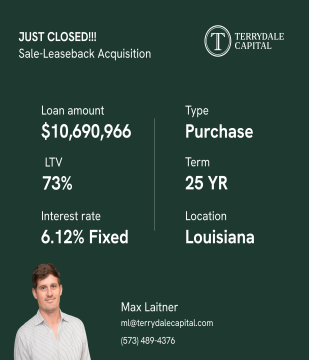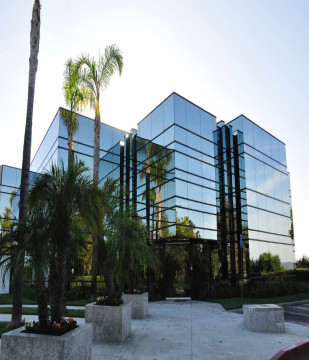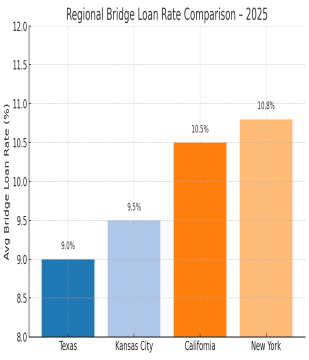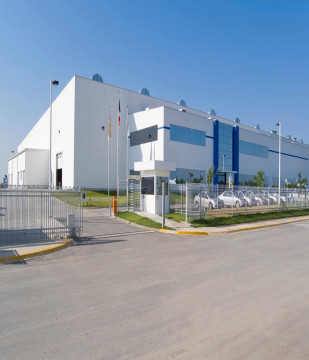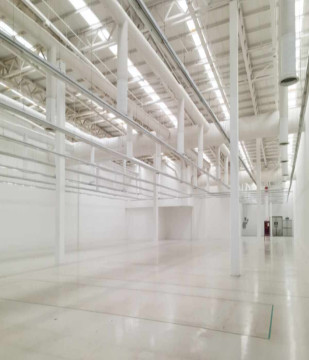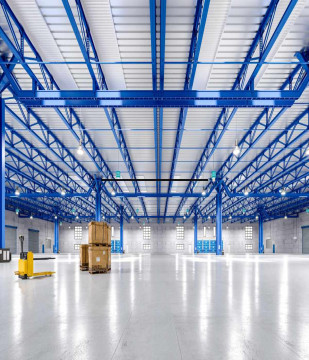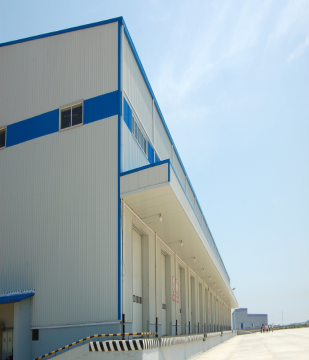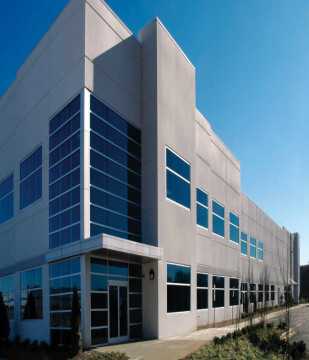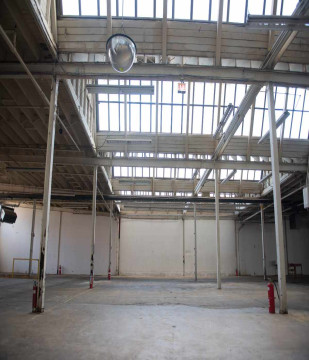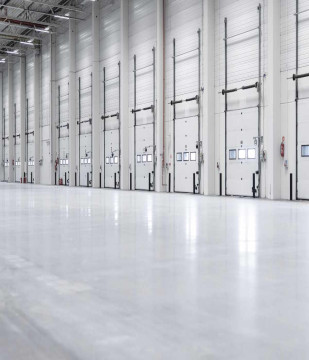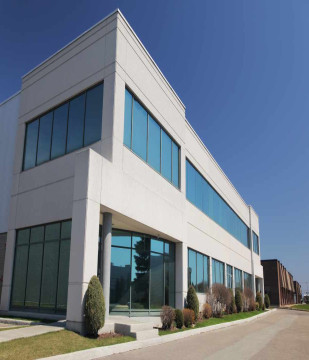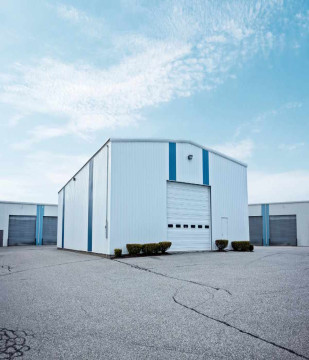Breaking Down Insurance In Commercial Real Estate

Terrydale Capital
Mar 21, 2024 7 Min read
 Learn
Learn
Commercial real estate investment is a lucrative yet complex venture. While the potential for profit is high, it comes with its fair share of risks. To safeguard their investments, commercial real estate investors need to understand the importance of insurance and the various forms it takes in this domain. In this guide, we'll delve into the different types of commercial real estate insurance and how they affect investors, along with essential considerations investors should keep in mind.
Understanding Commercial Real Estate Insurance:
Property Insurance:
- Property insurance is the backbone of any commercial real estate insurance policy. It covers damages to the building structure and its contents due to perils such as fire, theft, vandalism, and natural disasters. For investors, property insurance is vital as it protects their physical assets, ensuring they don't face significant financial losses in case of unforeseen events.
General Liability Insurance:
- General liability insurance provides coverage for bodily injury or property damage that occurs on the insured property. This type of insurance protects investors from lawsuits filed by third parties, such as tenants, customers, or visitors, who suffer injuries or damages while on the property. It's crucial for investors to have general liability insurance to mitigate legal risks and potential financial liabilities.
Business Interruption Insurance:
- Business interruption insurance compensates investors for lost income and operating expenses in the event that their commercial property becomes temporarily unusable due to covered perils. This insurance helps investors maintain cash flow during periods of downtime caused by property damage or repairs. It's an essential component of risk management for investors who rely on rental income from their properties.
Flood Insurance:
- While standard property insurance policies cover many hazards, they often exclude flood damage. Flood insurance provides coverage specifically for damages caused by flooding, which can result from heavy rainfall, hurricanes, or overflowing bodies of water. Commercial real estate investors should assess the flood risk associated with their properties and consider purchasing flood insurance to protect against potential losses.
Crime Insurance:
- Crime insurance protects against financial losses resulting from criminal acts such as theft, burglary, fraud, or employee dishonesty. It provides coverage for stolen property, embezzlement, and other forms of financial loss caused by criminal activities. For investors, crime insurance offers added security against the various risks associated with owning and managing commercial properties.
Key Considerations for Investors:
Risk Assessment:
- Before purchasing insurance coverage, investors should conduct a comprehensive risk assessment of their commercial properties. Identifying potential hazards and vulnerabilities allows investors to tailor their insurance policies to address specific risks effectively.
Policy Coverage Limits and Deductibles:
- Investors must carefully review their insurance policies to understand coverage limits and deductibles. Ensuring adequate coverage limits and manageable deductibles is essential to avoid underinsurance or unexpected out-of-pocket expenses in the event of a claim.
Reviewing Exclusions and Endorsements:
- Investors should pay close attention to policy exclusions and endorsements that may limit coverage for certain perils or circumstances. Working with an experienced insurance broker can help investors navigate complex policy terms and negotiate endorsements to better suit their needs.
Regular Policy Reviews and Updates:
- Commercial real estate insurance needs may evolve over time due to changes in property value, occupancy, or external factors such as regulatory requirements or environmental risks. Investors should conduct regular policy reviews and updates to ensure their insurance coverage remains adequate and up-to-date.
Working with Experienced Professionals:
- Partnering with experienced insurance professionals, such as brokers, agents, or risk consultants, can provide investors with valuable insights and guidance in selecting appropriate insurance coverage. These professionals can offer expert advice tailored to the unique needs and objectives of commercial real estate investors.
Conclusion:
Commercial real estate insurance is a critical component of risk management for investors, providing essential protection against various hazards and liabilities. By understanding the different types of insurance coverage available and considering key factors such as risk assessment, coverage limits, and policy reviews, investors can make informed decisions to safeguard their investments effectively. Ultimately, investing in comprehensive insurance coverage is an essential step towards securing long-term success and stability in the commercial real estate market.
At Terrydale Capital, not only do we have the expertise to help guide investors through the complex world of commercial real estate, but we boast broad connections to some of the best commercial insurance agencies. When you need the right team behind you for all facets of the commercial real estate investment process, contact us today.
Partner With Terrydale Capital for Your Debt Financing Needs
When it comes to debt financing, understanding the right timing, process, and options is crucial. At Terrydale Capital, we provide a comprehensive range of commercial loan solutions tailored to meet your business's unique needs.













